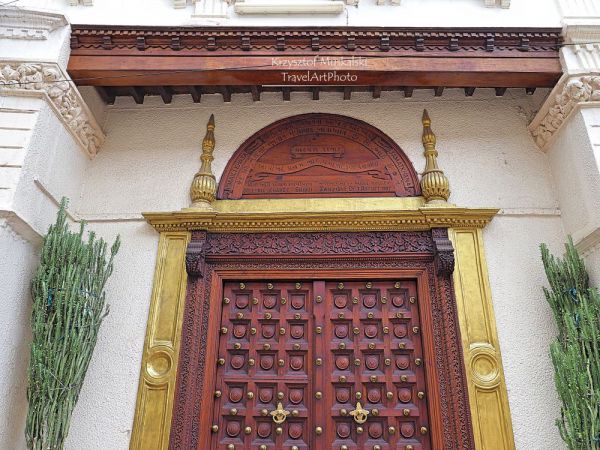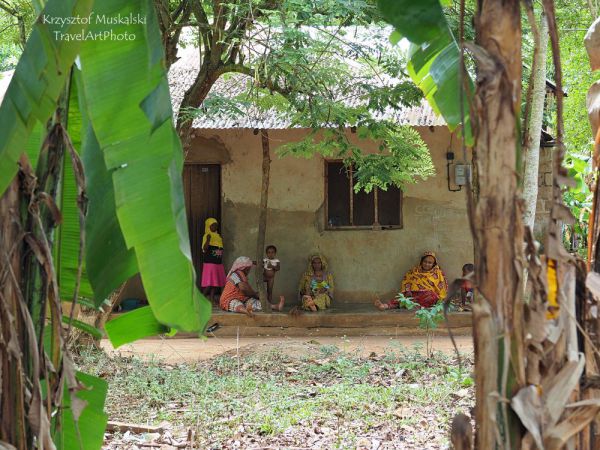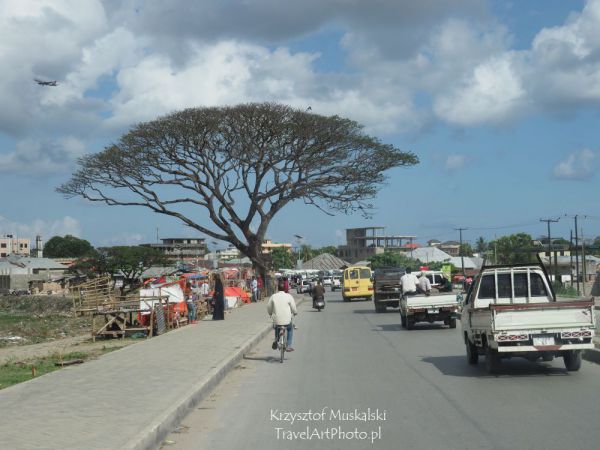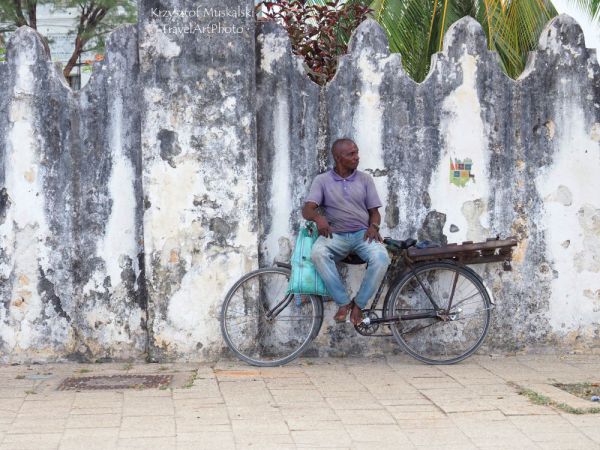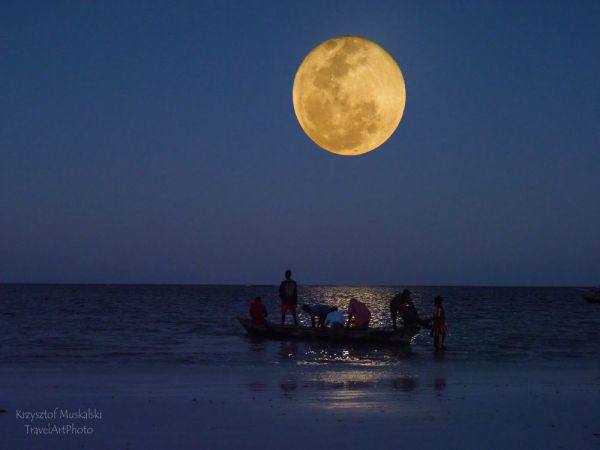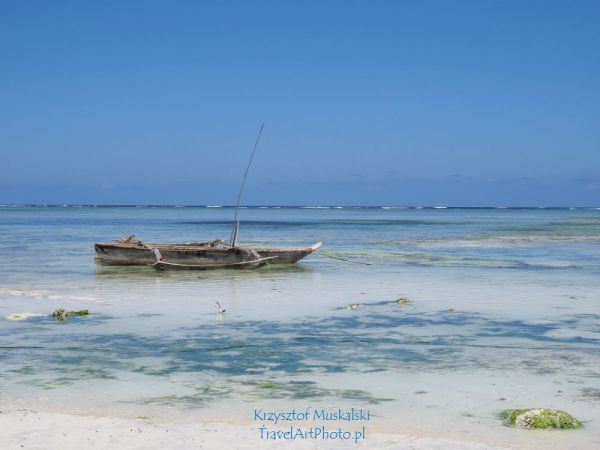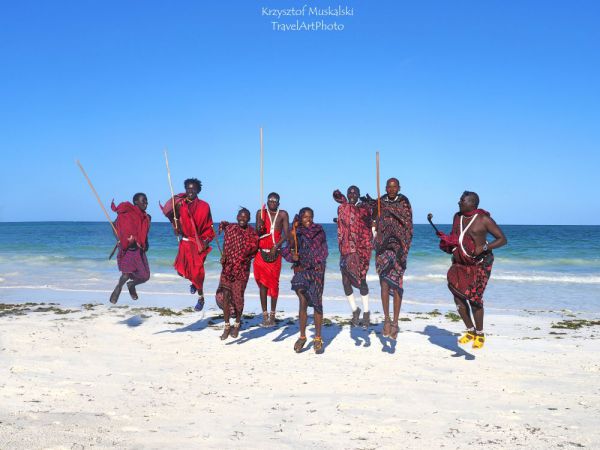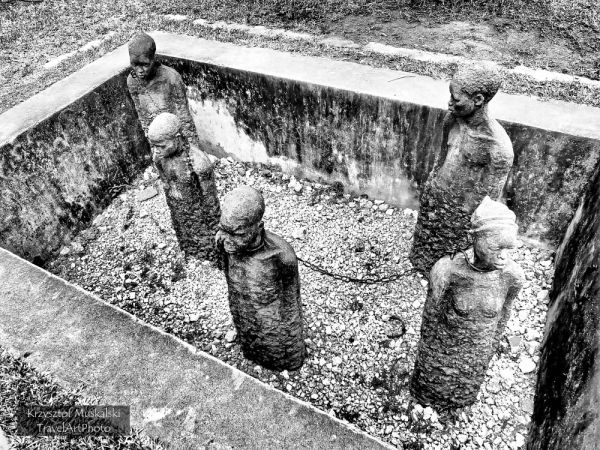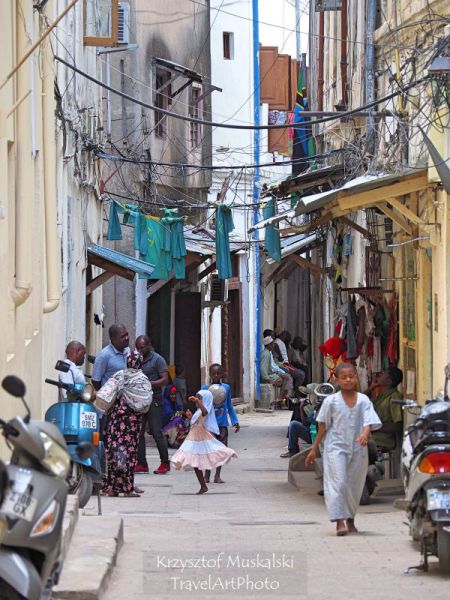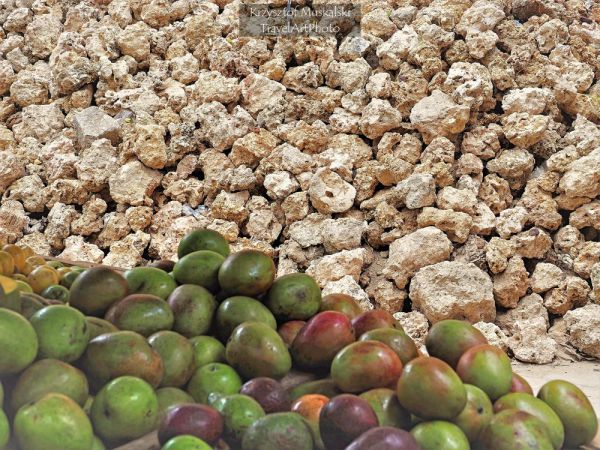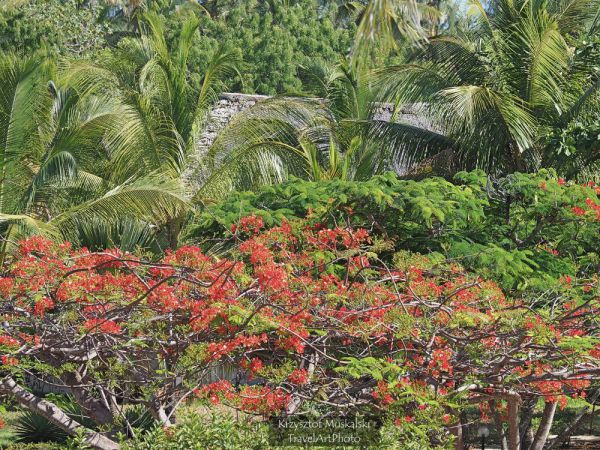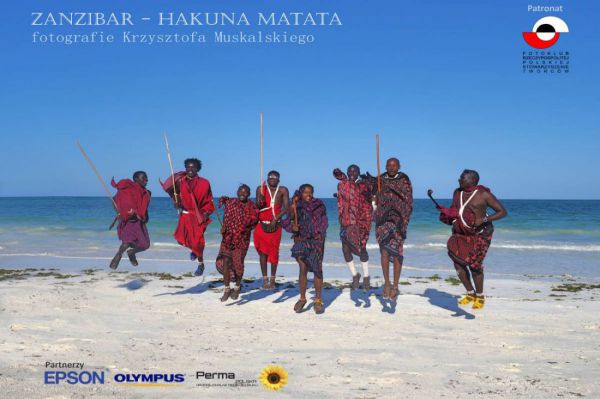January - April 2022
The Island of Black People - that's what the Sultans of Oman called the island of Zanzibar, which lies off the coast of Tanzania. In the 18th century, the island became an important center of trade, mainly of slaves. And it was slavery that infamously went down in history of Zanzibar. It has been commemorated with an Anglican cathedral built on the site of the former slave market. Fortunately, those times are over, slavery was abolished in 1907, and Zanzibar entered the 20th century with new perspectives. The progress was gradual, first by freeing itself from the influence of Oman to gain independence in 1964, and then by uniting with Tanganyika to co-create the new state of Tanzania.
And today's Zanzibar, enjoying its full autonomy, lives in the spirit of hakuna matata. This phrase is derived from Tanzanian Swahili and means don't worry. And undoubtedly, such a trouble-free approach to life is favored by beautiful weather and beautiful surrounding nature. The island is becoming an increasingly popular destination for tourists from all over the world, including Poland. And it has a lot to offer - picturesque beaches with surrounding reefs on one side, palm tree forests on the other, and Maasai people dressed in traditional costumes
offering handicrafts. And lush nature full of fragrant spices - cloves, nutmeg, vanilla or juicy fruits - mangoes, passion fruit and pineapples. Then, Stone Town, a historic district of Sansibar - the capital of the island, invites you to its streets and alleys, saturated with influences from different parts and cultures of the world. We can admire the colonial buildings of the "Stone Town", the main building material of which was coral. We can find here many lavish Arab tenement houses, bazaars, mosques. And let's not forget about the house from which the young Faorkh Bulasara set off to conquer the world as Freddie Mercury, vocalist of the Queen. All this in the hakuna matata spirit.
Krzysztof Muskalski


